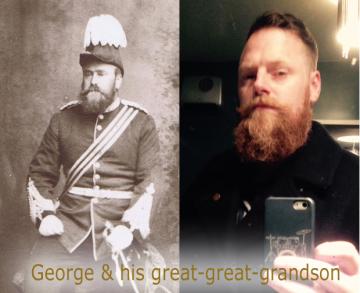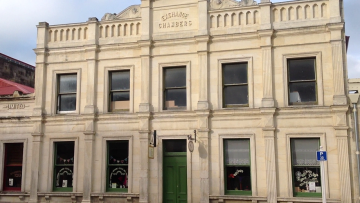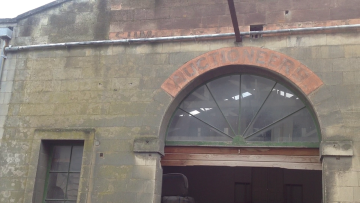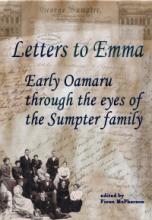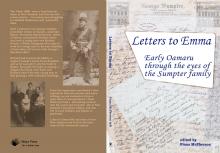On his death the Oamaru Mail said:
“Mr Sumpter, during his long residence in Oamaru, which dates back to the beginning of 1862, was closely identified with every forward movement in the town. To record all the positions he has filled and the many movements he has been associated with would require the writing of a history of Oamaru and district in outline for a period of nearly forty years. It is, indeed, impossible to recall a public body or institution that the name of Mr Sumpter has not been associated with at some time …”
The North Otago Times said:
“He was possibly the most hopeful, the most optimistic man in the community. Every cloud had a silver lining, every reverse was a victory in disguise. It was this natural buoyancy that led him into operations that the more pessimistic would have hesitated to grapple with. His watchword was “progress,” but its realisation was not always consummated, and he lived to realise that optimism has its limits.”
Emma’s father was born in London in 1836, and left there for Australia in 1851. Mathematicians will note he was only 15! According to one newspaper report, he “had a liking for the sea, and his father gave him permission to make a trip to NZ and Australia, probably in the hope that it might cure him of his roving ambition.” A vain hope, for George thrived on challenge.
He lived some ten years in the area near Adelaide, during which he married another English immigrant (Susanna Newell). Perhaps alerted to the opportunities being offered in Oamaru by his sister (who had followed her brother’s example by migrating three years after him), he arrived in Oamaru with his wife and young daughter early in 1862, as our local historian Mr Roberts notes:
On 24th January, 1862, George Sumpter landed in Oamaru from Australia. Ever since then he has been one of Oamaru’s most pushing, energetic and useful public men.
Provincial Council member; one-time Mayor of Oamaru; long-time Chairman of the Oamaru Harbour Board; long-time Volunteer and eventual Lieutenant-Colonel of that local militia — to mention just a few of his more prominent achievements. But he wasn’t only a public figure; he was also an enthusiastic cricketer, chess-player, and father of eleven!
Two tangible legacies remain of George's activities: his offices (the "Exchange Chambers", seen right), and the Sumpter Wharf. This wharf has been designated of historical significance, and is apparently the only one of its kind in New Zealand still in existence. It is, however, in a state of considerable decay and needs a great deal of money to make it safe. The Sumpter Wharf Restoration Trust is trying to raise the money.

